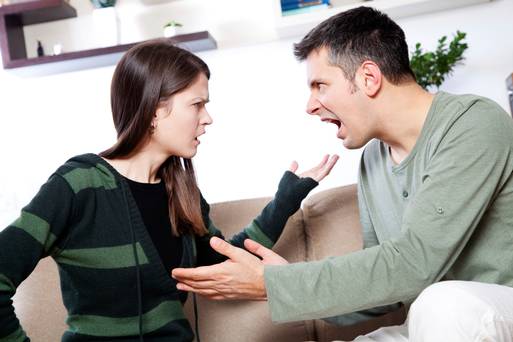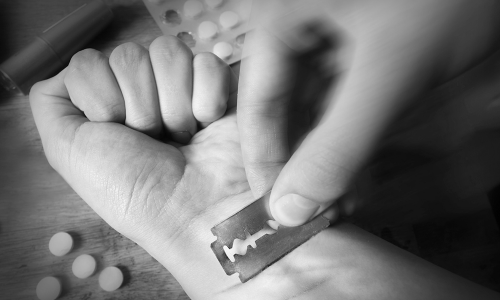
At some moment in time, people are slammed with a painful reality that their loved ones will pass away, leaving them alone in this world. It surely is a terrible blow. But one must know how to cope appropriately, in a way that he or she will learn how to move forward.
What should you do if someone you love passes away? Read on to find out!
The death of someone close to you is never an easy thing.

Even if you always fight with your sister, you’ll inevitably end up bawling upon learning that she’s unable to defeat cancer. Also if you’ve grown with a mother who always nags, you’ll miss her everyday of your life once she’s too old and weak, and eventually gone from this world.
For these people, struggling with death is hard. But the dear member who is left broken-hearted also faces an equally difficult time, and anyone who felt the same pain can attest to that. But of course, you would need to hold yourself together. This list is for WHAT NOT TO DO after the death of a loved one:
- DON’T bottle up your feelings — It is normal to be in a state of sadness after the end of a loved one. After all, that person is someone you hold dear in your heart. However, you need to get a firm hold of yourself and be strong to be able to move forward. You should try and talk about what happened, and open up your sentiments and feelings to a trusted person so you can start the healing process. This is a very vital step because it can also make or break you. “You can open up and be honest about how they feel, and let go of the baggage from your horrible experience,” says Lisa S. Larsen, PsyD.
- DON’T try and follow them — Literally. The circle of life is a cycle of beginning and end. We are conceived, we are born, we live, and we die. No one is exempted from that unless you’re God. The death of a loved one shouldn’t be your end. You are filled with complicated grief, and maybe even depression. But just imagine, your dad wouldn’t want you to jump ship from college to follow him to his grave. Find the light and do better in life for them. Dr. Chantal Gagnon PhD LMHC explains that “Not all people who have thoughts of suicide end up acting on those thoughts. But for those who do, generally there is deep emotional pain combined with a belief that things will never improve.” But things always improve in a way you least expect it.

- DON’T throw away their stuff just yet — Their things will bring you some old, beautiful memories that will give you the will and power to live on. Before you decide to throw everything away (to forget the pain), let it linger in your home for a while and sort it out once you are more “sane.” What will you keep? What needs to be thrown away? You will feel and know the answers with a clear head.
- DON’T forget to pray — Some people develop a particular hatred to God, some lose their once strong faith, and some lose their fear of the Lord if they experience a traumatic death of a family member. This shouldn’t be the case. All the more that you should pray for you and the remaining family members, for the tranquility of the soul of the deceased, and for the guidance in your life. “Strong spiritual faith is associated with a reduced risk of depression. Spiritual faith can be found in the context of organized religion, or in something less structured, such as meditation.” Ben Martin, Psy.D said.